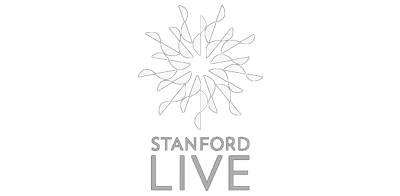ABOUT THE RIFLEMAN’S VIOLIN
In July 1945, 19-year-old rifleman Stuart Canin found himself on the veranda of President Harry S. Truman’s temporary “little White House” in Potsdam, Germany. The president asked Canin to play the violin in order to break the ice of tense negotiations that would determine the post WWII fate of the world. Canin would become an internationally acclaimed concertmaster for Seiji Ozawa, Kent Nagano, John Williams, but he was never so nervous as when he was summoned by the Commander in Chief to perform for Stalin and Churchill on the eve of the Cold War.
The Rifleman’s Violin was created as part of a multimedia experience directed by Sam Ball and produced by Abraham D. Sofaer for the Hoover Institution Library and Archives.
To learn more, visit “Potsdam Revisited: Overture to the Cold War” at www.potsdamrevisited.org.
Project Team
Director: Sam Ball
Producer: Abraham Sofaer
Director of Photography: Sophie Constantinou
Editor: Mike Shen
Production & Research Coordinators: Cassandra Dreher & Sasha Riddle
ABOUT POTSDAM REVISITED: OVERTURE TO THE COLD WAR
A partnership between Citizen Film and the Hoover Institution Library & Archives, Potsdam Revisited: Overture to the Cold War reimagines the function of a modern archive as a powerful convener of public dialogue and historical reflection. This multimedia project includes a physical archive, a digital archive, and public media that has already reached nearly 500,000 people. The project launched with a series of live, multimedia concert events at Stanford University, Lincoln Center NY and other theatrical venues in 2016. Media from these events was edited into a radio segment on NPR’s Weekend Edition, and “The Rifleman’s Violin” short film, originally produced for the multimedia exhibition events, also aired on public television. Visit the digital archive at www.potsdamrevisited.org.
MULTIMEDIA ARCHIVE TEAM
Director: Sam Ball
Producer: Abraham Sofaer
Interactive Design: Sean Nilsson
Advisory Panel: Jonathan Berger, Norman Naimark, Scott Sagan, Hon. George P. Shultz, Eric Wakin
Archivists: Linda Bernard, Rachel Bauer
Researchers: Cassandra Dreher & Sasha Riddle




